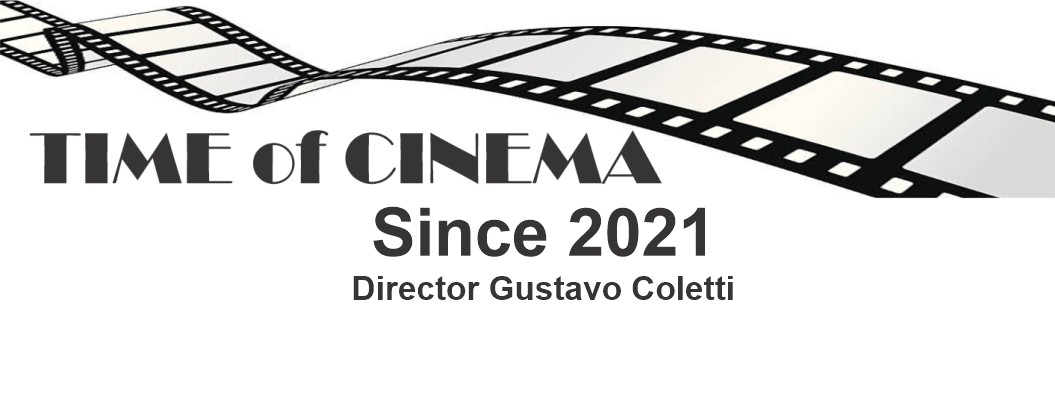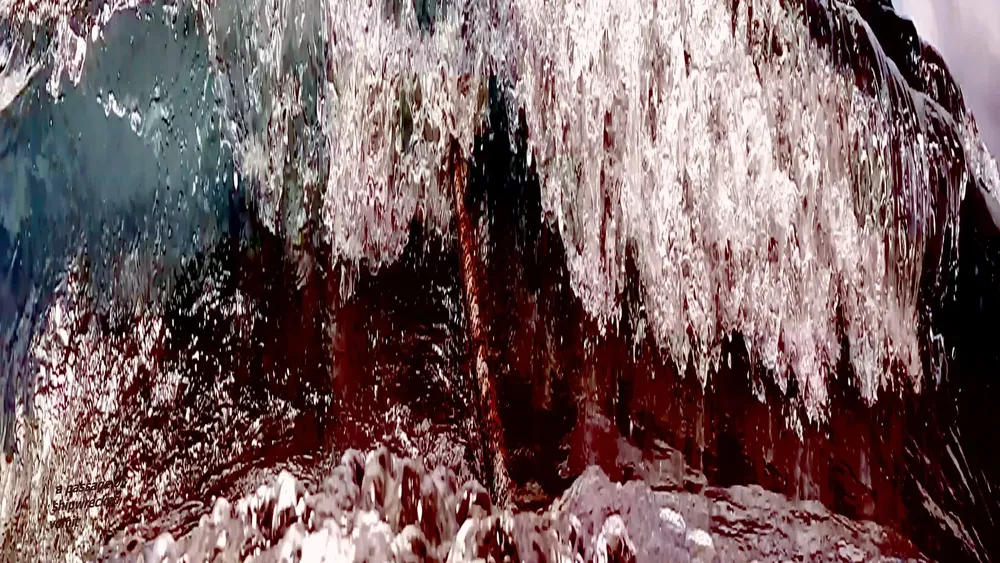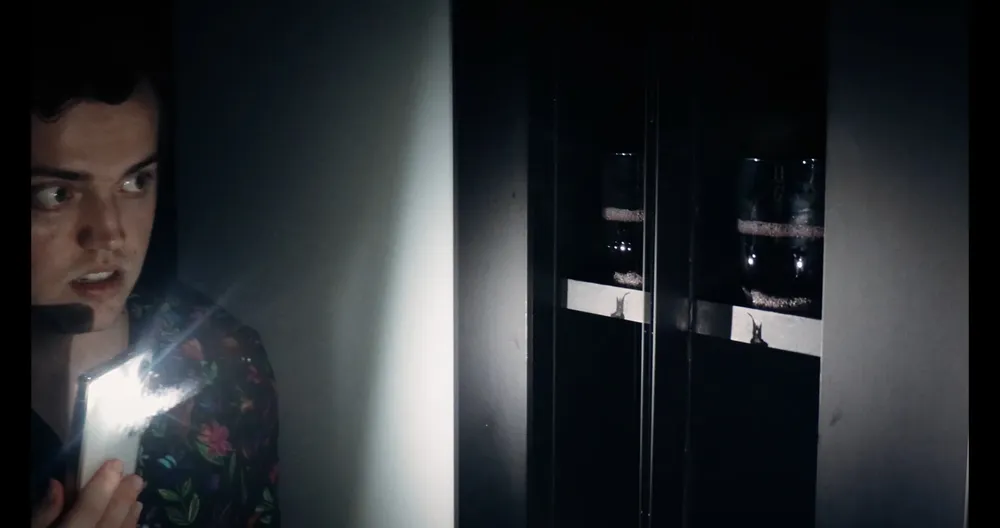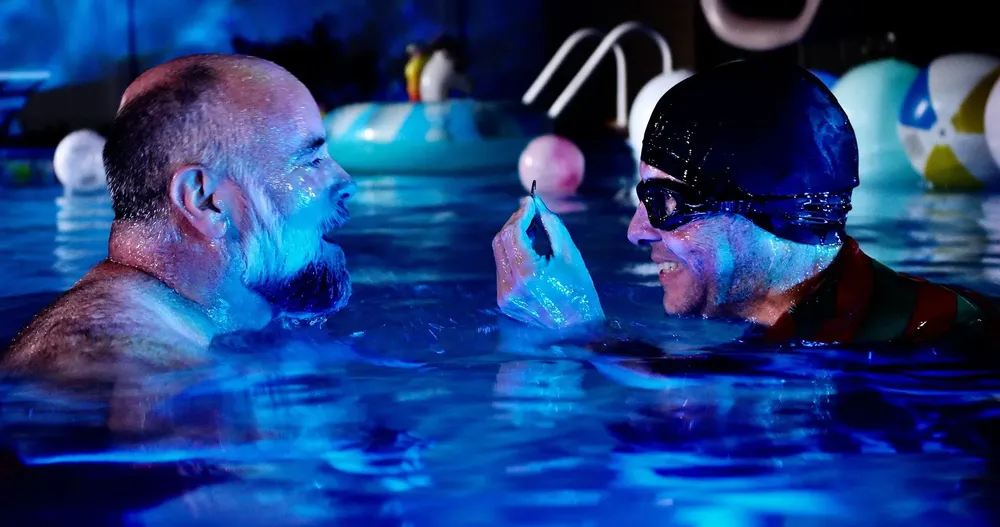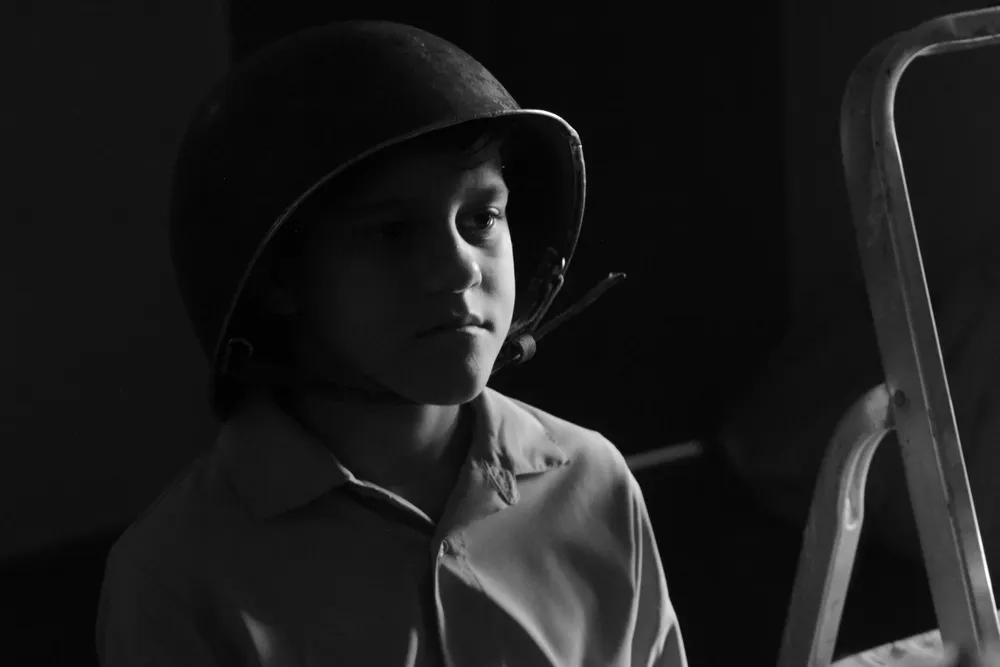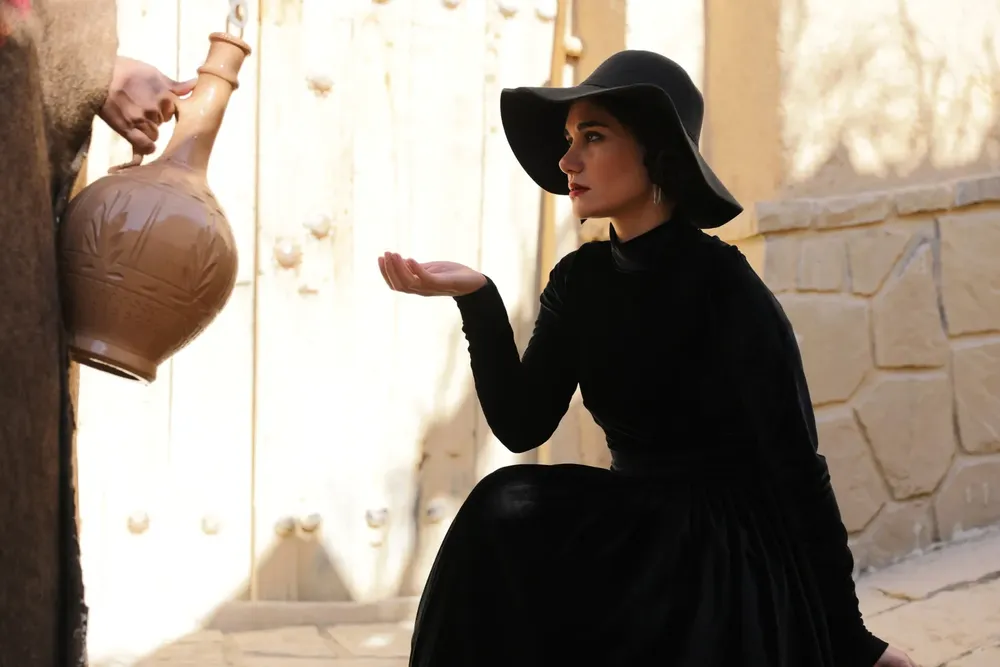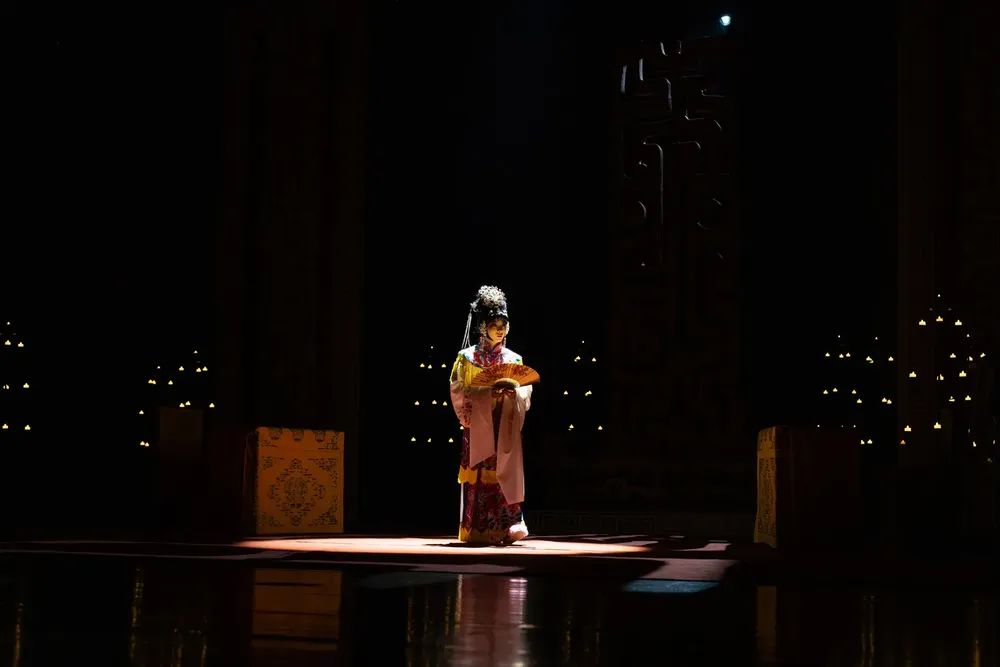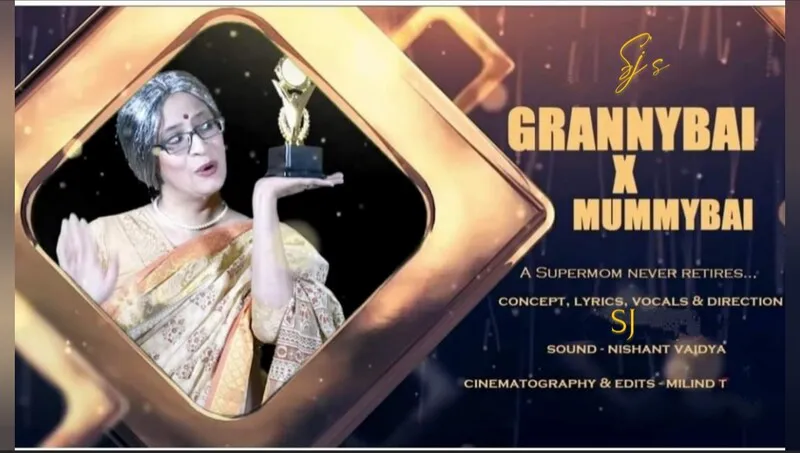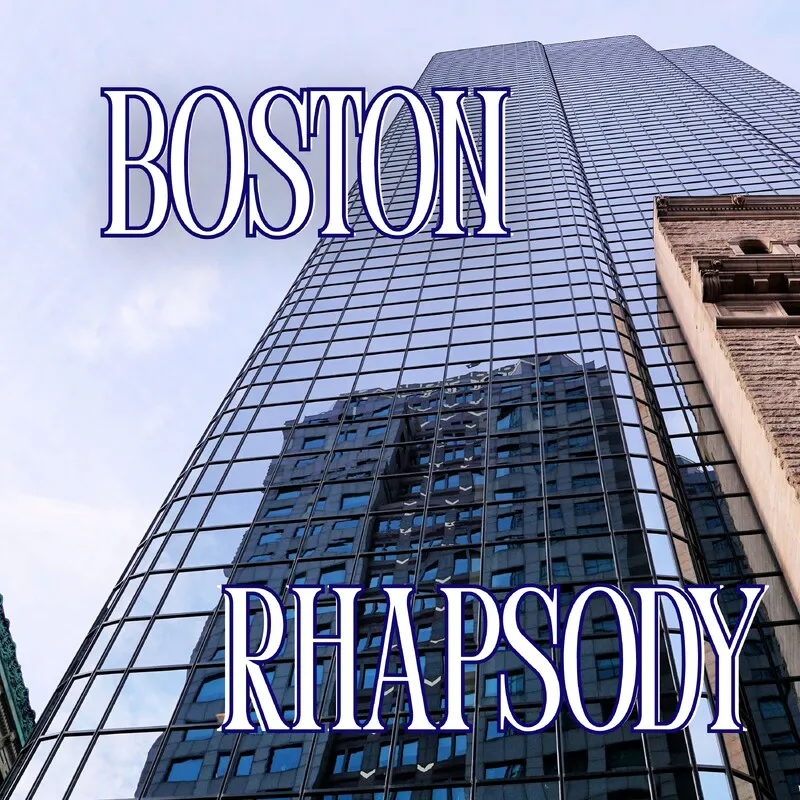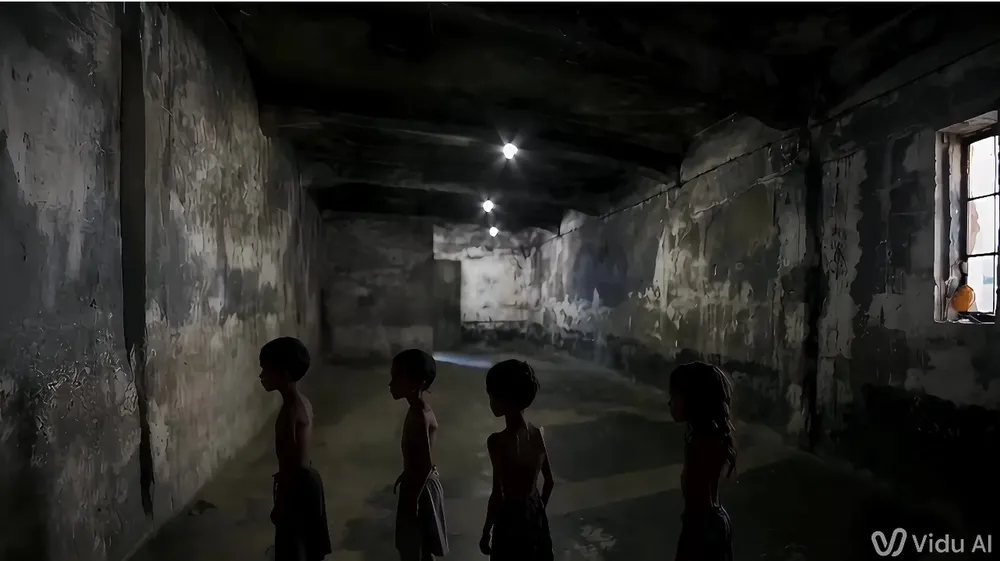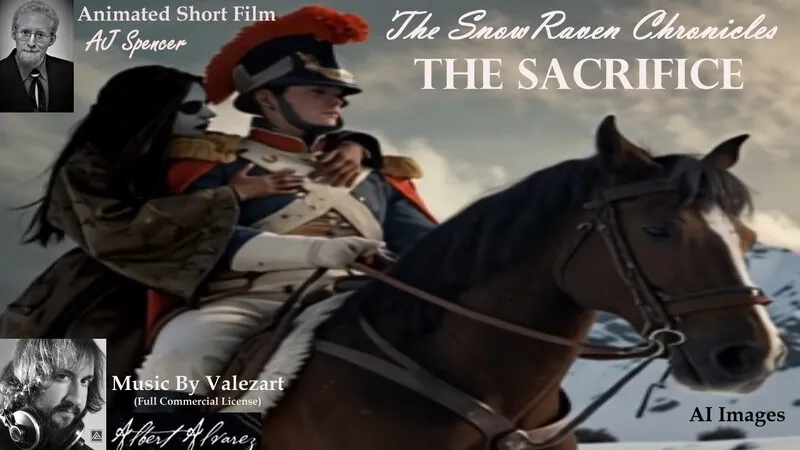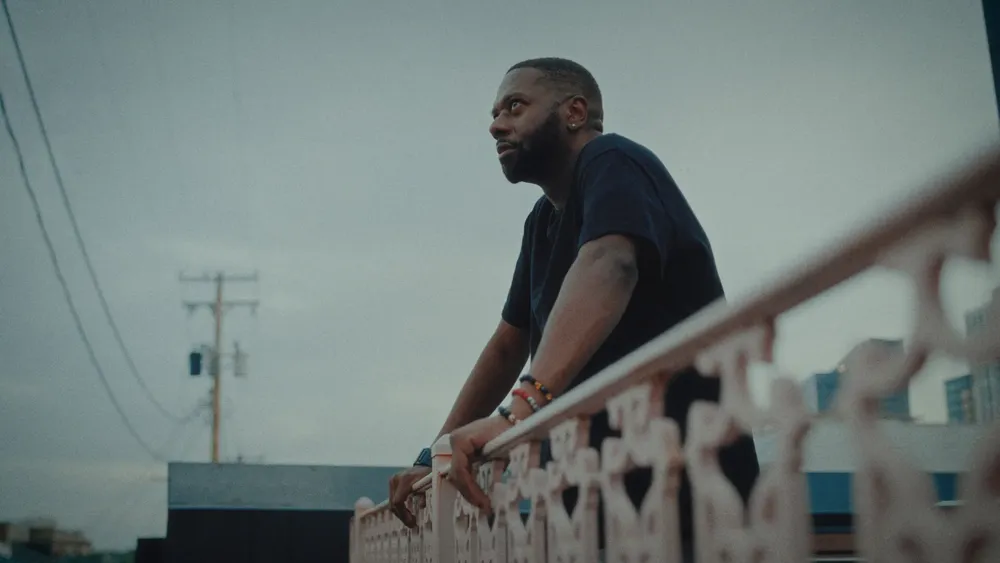
'Belfast' is stunning: Kenneth Branagh achieves a poignant artistic triumph depicting Irish conflict through innocence
By JORGE LOSER (Google translation from Spanish)
REVIEWS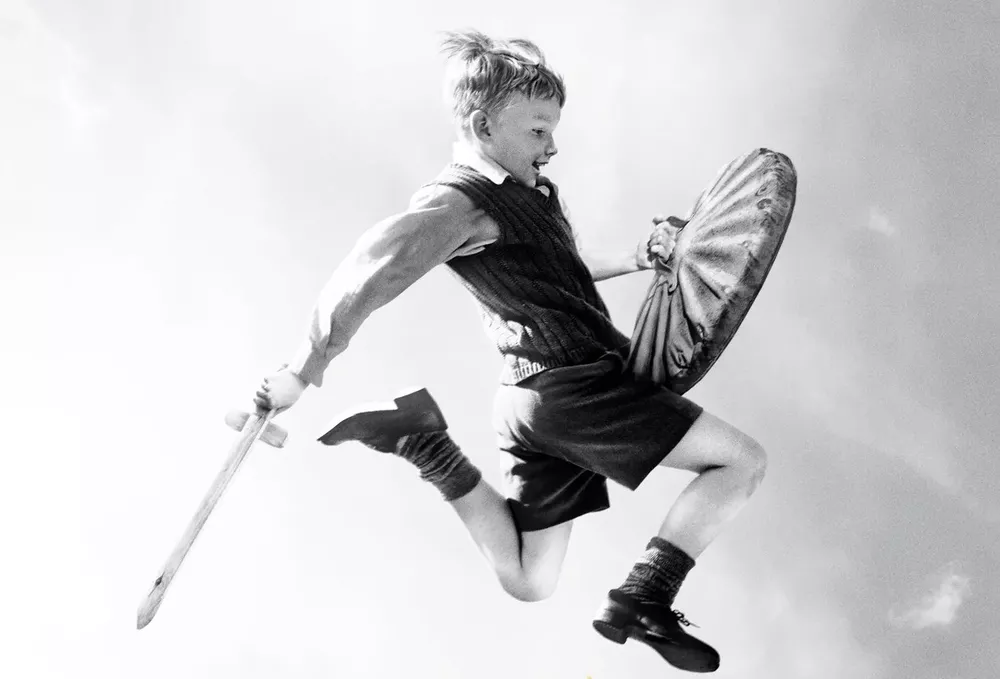
' Belfast ' is the new film by Kenneth Branagh that opens in theaters on January 28 , and in it the director recovers his memories using the perspective of a fictional character, a 9-year-old boy named Buddy (Jude Hill) who lives in his home town, to examine and recreate the period when tensions that had simmered in Northern Ireland in the 1960s boiled over, initiating a period of religious and political conflict known as “ The Troubles ”, which would last for the following 30 years
The film opens with full-color panning shots of the city today, and in a big fade up a wall, turns into a black-and-white street scene filled with kids playing soccer, neighbors going in and out of row houses, or mothers chatting. in doorways and calling their children to eat. Buddy's happy outlook is shattered by the sudden appearance of a mob around a corner, with masked men throwing Molotov cocktails and burning cars.
The Irish conflict through a child
The idyllic picture changes in a few seconds to chaos with spasmodic camera movements as people fight and, between the tumult and the rain of stones, Buddi's mother appears, with a lid from a garbage can grabbing her son to get him out of danger, in an instant that seems to emulate an epic image of some kind of classical goddess without using a particularly dramatic effect . Branagh makes clear his vision of his mother, and gives the keys to the heart of the film: an unconditional tribute to his family.
Soon, British tanks and troops appear, reviewing papers to set up ground zero for the August riots, which would set the stage for the sectarian violence that would plague Ulster for decades. Militants trying to drive Catholics out of a largely Protestant neighborhood burned shops and houses in what is known as the "Battle of the Bogside," which dragged on for three days, setting up the conflict for Buddy's father, a Protestant but not a please lobby against your neighbors and friends.
This dignity in a state basically at war generates a position of "are you against them or against us" that makes the family debate between staying in the house they know and fleeing for the good of the children. Branagh offers Buddy's perspective almost every moment, subtly dividing the shot to generate two points of view, that of the adults arguing and that of the child listening on the other side of the partition, on top of the stairs or in another room. ' Belfast' tries to separate the minimum from the innocent look of a child to introduce the situation .
Auteur cinema without bombast
Branagh does not seek to provide solutions or answers, in a very intelligent movement he summarizes the positions from a position of skepticism , with a lot of irony and also white humor, explaining his view of the Catholic religion with a hilarious sermon that poses the dilemma of the right and wrong path. a boy who just wants to get good grades to sit next to the girl he likes at school. As well as a sensitive exploration of the plight of decent people surrounded by fanaticism, 'Belfast' also celebrates love and affection in many different ways.
From the camaraderie of the neighbors, the tenderness of his grandparents to the marriage of Buddy's parents, where his position on family unity and the value of the ties that connect the main characters despite the tension of forces is clear. externalities, there is more a defense of the Irish sense of community in the face of adversity than that of traditional values . The black humor in the face of misfortune, oozes snarl and character and never ceases to be a general vision of concord in the face of irrational threat, although sometimes this one wins.
All of these themes appear under the guise of the self-conscious, artie cinema of other recent coming of age films , but although Haris Zambarloukos's black and white photography is breath-taking and full of detail, unlike other authors who add a extra solemnity and contemplative intensity to achieve a piece that starts the “oohs and aahs” of critics, Branagh never stops narrating and telling in each shot, enriching perspectives with information , playing with reflections in a masterful way, like the shot of the hospital with some nurses in the glass that give us the clue of where the next moment will go.
The first big movie of the year
The use of the zenithal or low angle shots are always justified and there is a desire to concentrate unwritten details in the script of the most classic cinema, from neorealism to Godard, which concentrate the story in 98 minutes, making 'Belfast' the rarest “Oscar movie” of recent times that spares the viewer unnecessary minutes and is capable of being truly beautiful visually without being too tight of a tie or being petulant or heavy .
Small details, like when the family goes to the movies, and the images we see on that color screen, contrast everyday life with an escape route for Buddy that gives us clues as to why the filmmaker fell in love with the craft for first time –eye to the Marvel wink–. The love for movies, such as 'Chitty Chitty Bang Bang' or 'A Million Years Ago' also spills over into memory and westerns like 'The Man Who Shot Liberty Balance' or 'Alone in the Face of Danger' shape the vision of his father's boy in a hair- raising way , with a brave use of 'Don't forsake me, oh, my darling' without fear of ridicule in the key scene of the film.
From its close-up location shots to its poignant ending, 'Belfast' is pure emotion. Showcasing the confident honesty of the great masters, Kenneth Branagh strikes an impossible balance between the black-and-white beauty of arthouse cinema and the narrative fluidity of the classics, exploring the Irish conflict with poignancy without detracting from its story's soul or ever being too much. bombastic. Exceptional.
